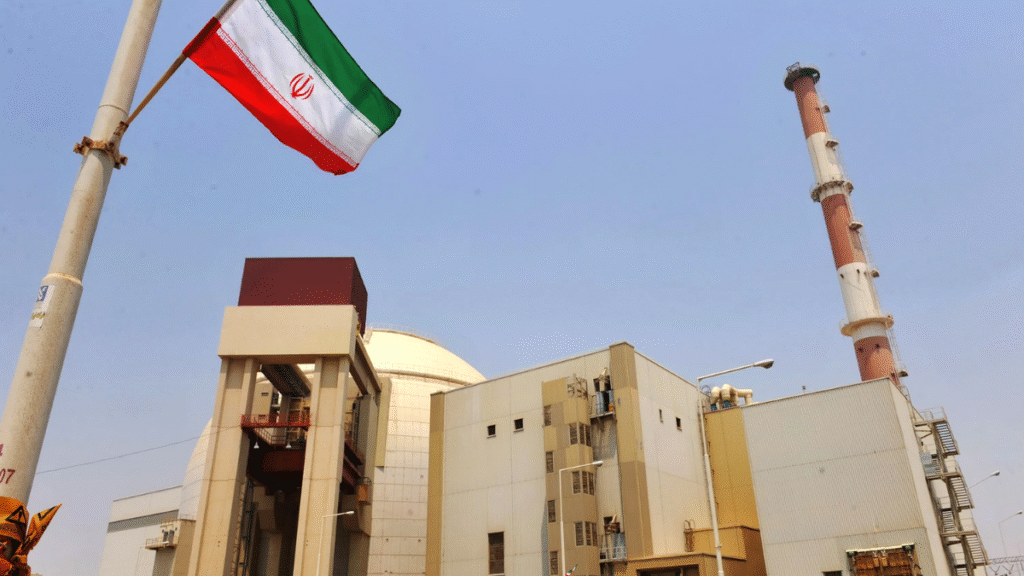
Summary – The recent halt of International Atomic Energy Agency inspections following Israeli and U.S. airstrikes on Iran’s nuclear sites raises critical questions about the future of global nuclear non-proliferation.,
Article –
The recent suspension of the International Atomic Energy Agency (IAEA) inspections in Iran, following coordinated Israeli and U.S. airstrikes on Iranian nuclear facilities, has raised significant concerns about the future of global nuclear oversight and non-proliferation efforts.
Background
Last month, Israel and the United States conducted airstrikes targeting Iranian sites suspected of advancing Tehran’s nuclear capabilities beyond civilian use. These actions aimed to slow down Iran’s potential development of nuclear weapons, although Iran maintains its program is solely for peaceful purposes. In response, the IAEA suspended its routine inspections in Iran, citing safety concerns and restricted access.
These inspections are vital for verifying Iran’s compliance with the Joint Comprehensive Plan of Action (JCPOA), the 2015 nuclear deal designed to limit Iran’s nuclear activities in exchange for sanction relief.
Key Actors
- Iran: Asserts its right under the Treaty on the Non-Proliferation of Nuclear Weapons (NPT) to develop nuclear energy for peaceful uses.
- Israel: Views Iran’s nuclear ambitions as an existential threat, signaling willingness for unilateral military action.
- The United States: Supports Israel’s stance and has maintained economic sanctions on Iran following its withdrawal from the JCPOA in 2018.
- The International Atomic Energy Agency (IAEA): Plays a critical role in monitoring and verifying nuclear compliance worldwide and is urging the resumption of inspections.
The Global Impact
The halt in IAEA inspections carries considerable geopolitical and economic consequences:
- Geopolitical Tensions: It exacerbates instability in the Middle East, increasing risks of miscalculation and wider conflict.
- Economic Effects: Disruptions in the region could affect global oil markets, amplifying price volatility and inflation pressures.
- Non-Proliferation Setbacks: Weakening monitoring mechanisms may encourage other nations to pursue nuclear capabilities, undermining global arms control regimes.
World Reactions
Responses from international actors underline the urgency of restoring inspections:
- European Union: Advocates for renewed diplomacy and de-escalation to preserve the JCPOA.
- Russia and China: Call for restraint, condemning unilateral military acts and emphasizing diplomatic solutions alongside uninterrupted IAEA access.
- Gulf Cooperation Council (GCC) nations: Support Israel’s security concerns while seeking a balanced approach to avoid broader conflict.
Looking Ahead
The critical questions remain whether diplomatic efforts can successfully restore IAEA access and revive negotiations to curb nuclear escalation. Expert analysis warns that without transparency, clandestine nuclear development risks increase significantly, threatening the non-proliferation framework.
The international community faces the delicate task of balancing security interests with diplomatic engagement, as further military actions risk intensifying a wider conflict with unpredictable consequences.
Ultimately, reinforcing multilateral institutions like the IAEA and the United Nations is essential to maintain verification mechanisms and prevent renewed nuclear competition. Policymakers globally must address the underlying geopolitical tensions to ensure robust monitoring and avoid further escalation.

